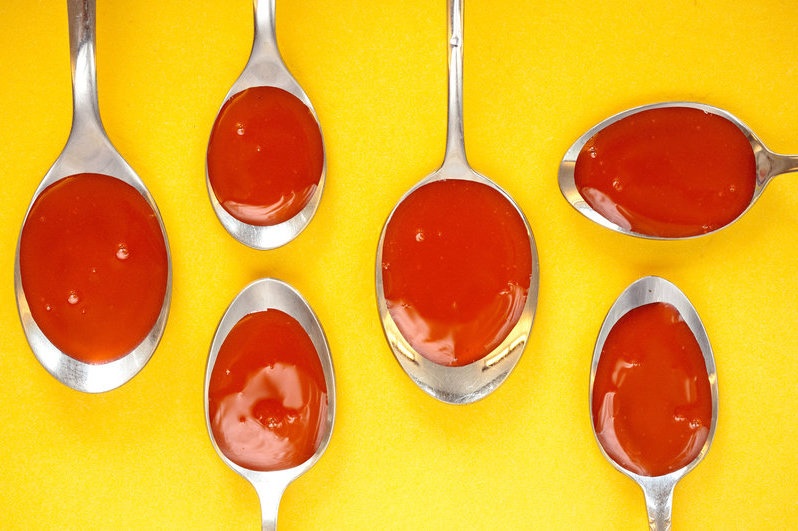Get to know your body
So you’ve been hearing all about cannabidiol (CBD) and you finally decided to give it a try. You order some CBD oil, use it a couple times, and – nothing! You search through article after article online and maybe talk to some friends who swear by it and you are utterly and frustratingly confused. Don’t worry – you are not alone!
One of the trickiest parts of using CBD is getting the dosage right. And, unfortunately, CBD products sit within a hazy framework between supplement and medical status (with some exceptions). So there are no clear guidelines on dosage – which means that there is a lot of trial and error involved. But, don’t give up hope, because there are some factors you can take into consideration to better predict the best dosage for your body:
Administration method. CBD, as with any other medication, vitamin, or supplement, first makes contact with the body through administration method (oral spray, oil/tincture/edible, vamping, salve); for example, with an edible, CBD will be taken up through the tongue and then through tissues of the digestive tract, with further chemical breakdown in the stomach and absorption in the intestines. [1] Some of these paths are slower than others and, depending on how you consume CBD, this difference can greatly impact the timing and magnitude of effects. [2]
Body weight/height/composition. The rate at which all bioactive substances are absorbed is dependent on how far they have to travel.CBD is also highly lipophilic – meaning that it dissolves in fatty tissue. [3] Therefore, CBD could get “trapped” in certain parts of the body, which delays absorption.
Prior experience. After using a substance for a while, the body tends to build up a tolerance, so that you require a higher dose over time to get the same effect. [4] This often occurs with prescribed medications and is why doctors often need to up dosage from time to time to ensure that the effects stay consistent – the same goes for CBD.
Rhythms. Every system in the body works on internal timers – this is called circadian rhythms. Times of day and the amount of sleep the night before are both very important considerations for dosing (which you have probably discovered with society’s all-time favorite substance, caffeine). [5] But hydration, amount and types of food eaten and when all affect how well your body absorbs substances. CBD dosing is no exception.
Personal factors. Do you have trouble taking antihistamines because they put you to sleep immediately? Or do you need very high doses of all your medications to feel the effects? Genetics play a large role in pharmacokinetics – the way substances move throughout the body. [6] And since we are still a bit away from personalized medicine, it’s important to take note of how you respond generally to medications when thinking about CBD dosage. Speaking of other medications (prescriptions, vitamins, or supplements), be sure to talk to your doctor about CBD use, as effects can vary depending on other medications you take.
In lieu of standardized guidelines, keeping all of these considerations in mind, starting at a low dose, and increasing over time may help you establish an effective CBD dose tailored to your body. If you are a medical cannabis patient, talk to your dispensary, as they may have some suggestions on administration and dosing for your specific condition or need.
References
- Huestis, M.A., “Human Cannabinoid Pharmacokinetics”, Chem Biodivers, 2007, Volume 4, pg. 1770-1804.
- MacCallum, C.A., Russo, E.B., “Practical Considerations in Medical Cannabis Administration and Dosing”, European Journal of Internal Medicine, 2018, Volume 49, pg. 12-19.
- Grotenhermen, F, “Clinical Pharmacodynamics of Cannabinoids”, Journal of Cannabis Therapeutics, 2004, Volume 4, pg. 327-360.
- Colizzi, M., Bhattacharyya, S.,“Cannabis Use and The Development of Tolerance: A Systematic Review of Human Evidence”, Neurosci Biobehav Rev, 2018, Volume 93, pg. 1-25.
- Vaughn, L.K., Denning, G., Stuhr, K.L., de Wit, H., Hill, M.N,, Hillard, C.J., “Endocannabinoid Signaling: Has It Got Rhythm?”, Br J Pharmacology, 2010, Volume 160, pg. 530-543.
- Belle, D.J., Singh, H., “Genetic Factors in Drug Metabolism”,Am Fam Physician, 2008, Volume 77, pg. 1553-1560










